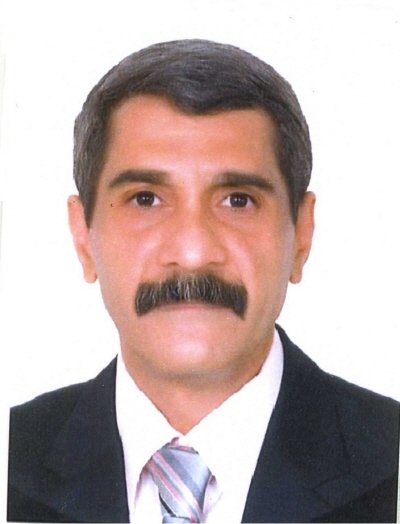By marking March 8 as World Women's Day, the international community wanted to highlight the role of women in societies and the need to overcome prejudices that can delay the evolution of women's status towards greater equality in society, political, social, economic and cultural responsibilities. The celebration of International Women's Day is a privileged stopover for the assessment of progress made on women's rights in Algeria.
The struggle waged by women, especially during the war of national liberation, enabled her to play a role in the recovery of freedom and sovereignty. The Algerian woman has always been an example of abnegation and patriotism. Algeria has made the promotion of women one of the vectors of national solidarity.

Public policies adopted by the State in the political, economic and cultural fields have made it possible to improve the social and economic situation of citizens in general and women in particular. All the strategies, plans and programs adopted by Algeria to promote the role of the family and women aim to ensure the empowerment of women, spread the culture of parity and ensure equal opportunities between women and men. They also tend to allow Algeria to honor its commitments made under international conventions and charters.
In Algeria, the promotion and empowerment of women is a cardinal priority in order to promote its involvement in the creation of wealth, participation in decision-making and play a role in the progress and modernization of society. Among the many initiatives is the adaptation of aid and support mechanisms to employment and entrepreneurship.
The political will has always accompanied the commitment of Algerian women through the accession and ratification of international instruments, the gradual lifting of the reservations regarding the protection and the promotion of women, the construction of a normative system taking into account its place and its role in all areas. It is in this spirit that the Penal, Family and Nationality Codes have been amended and the organic law on the representation of women in elected assemblies has been adopted.
The efforts of a voluntarist policy were crowned by the strong presence of women in the fields of education and health and in areas of sovereignty such as justice, the security corps and the National People's Army. Women are present at the helm of more than 10% of private companies created in recent years.
The growing number of women in various fields of activity confirms the positive impact of training, employment and social protection policies for women.
Education policy has removed barriers to girls' schooling and access to higher education, including in remote areas of the country. For those who have not been able to study, literacy and training programs have been set up, particularly for women in rural areas and housewives.
A genuine modernization of political life was initiated through the dedication of the principle of widening the participation of women in elected assemblies under a new article of the Constitution. The constitutional anchoring of women's political rights has promoted equal access for women and men to elective positions. The presence of women elected in assemblies and in the Government gives increased visibility to the role of women in the management of state affairs.
The adoption of the Women Workers Charter in 2014 has helped to strengthen women's participation in the country's socio-economic development. The inauguration in 2013 of the National Center for study, information and documentation on the family, women and children participates with the National Council of Family and Women (installed in 2006) in enlightening work and decision support.
Inspite of all these notable achievements, the ambition of the Algerian society is to continue in this path till reaching a complete and full equality between men and women.

